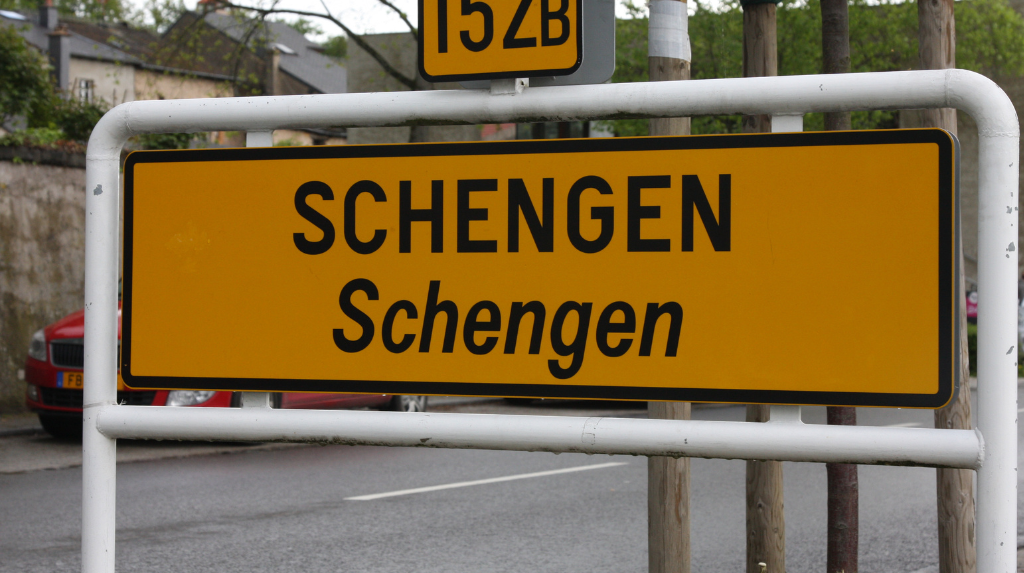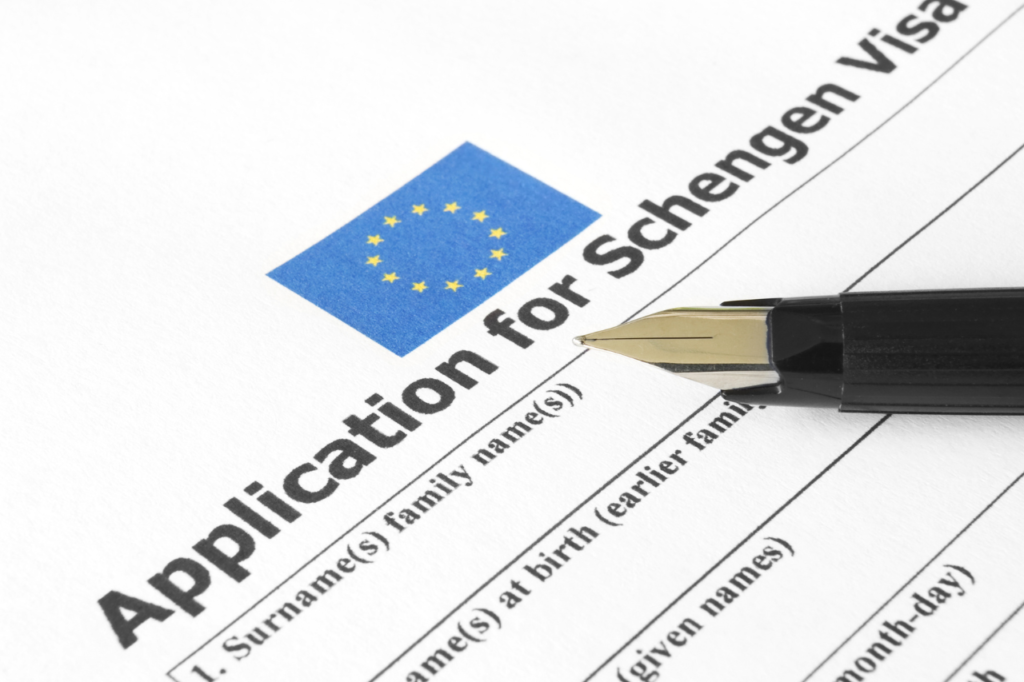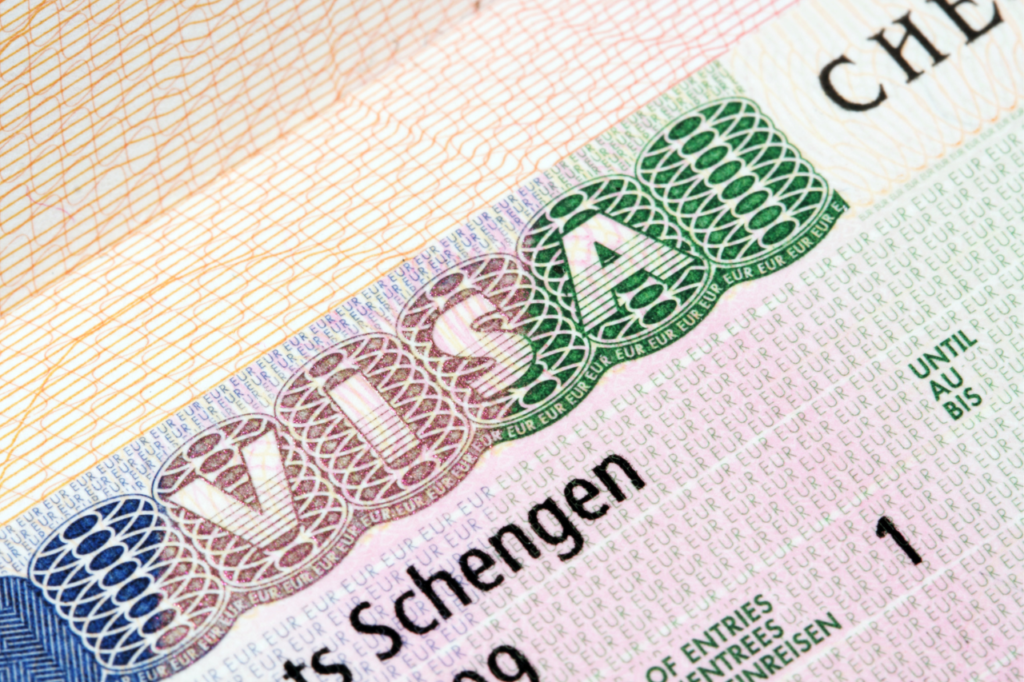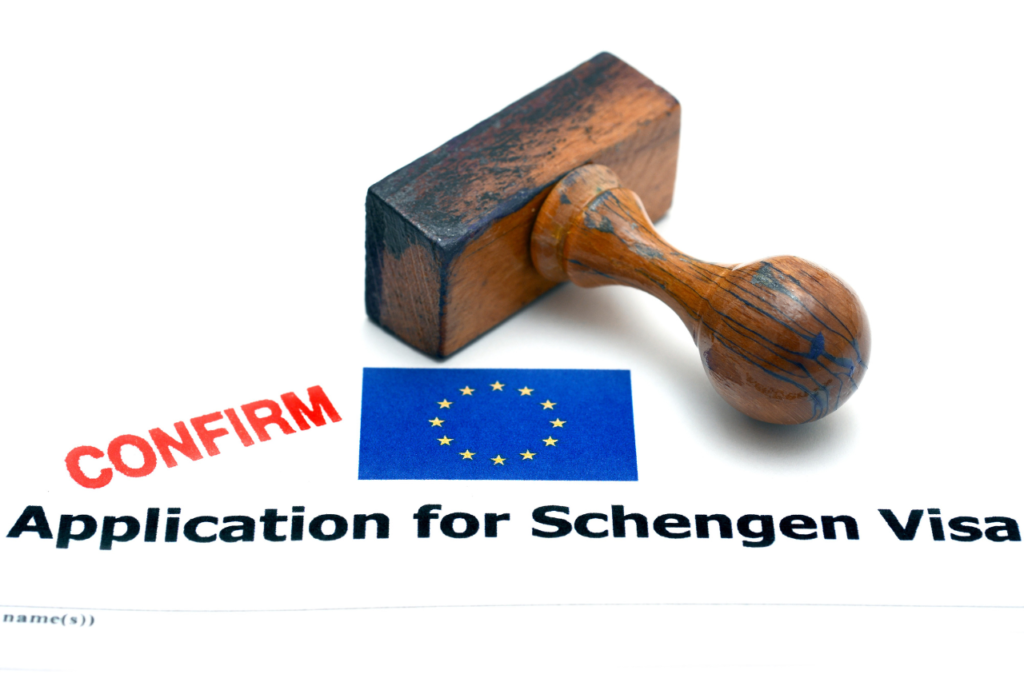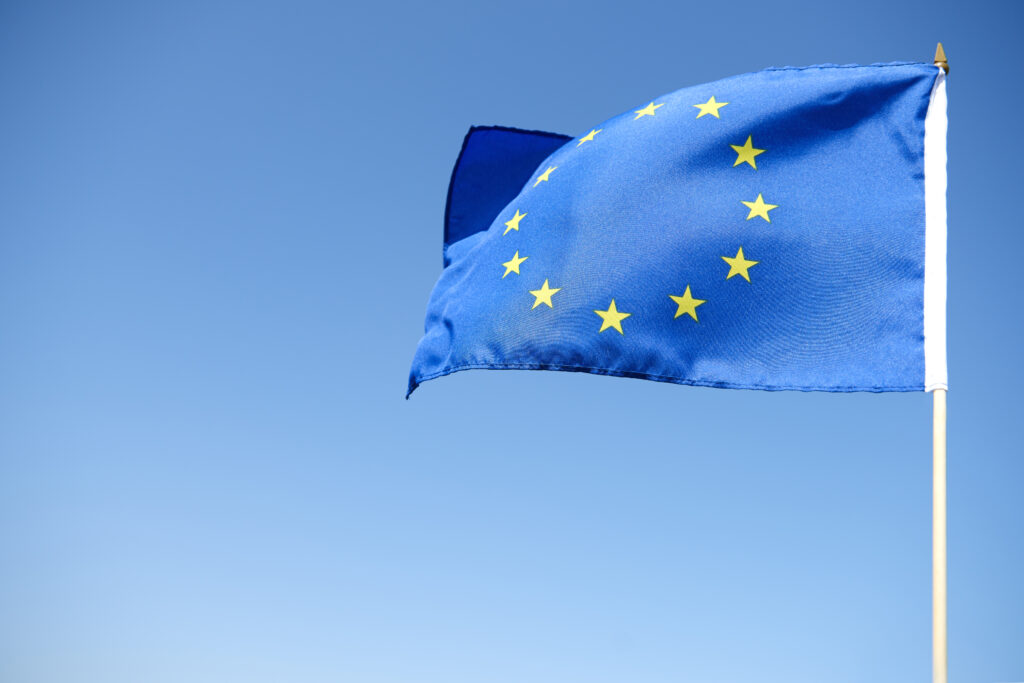Before you start your trip to explore the cultures and landscapes of the Schengen area, you must understand the visa requirements. A key part of your visa application is showing you have enough money to support your visit. In this guide, we’ll explain how to meet this Financial requirement successfully.
Understanding the Financial Landscape
For any type of Schengen visa, your financial situation is crucial. The process is the same across 26 European countries, but the exact requirements vary. Your bank balance shows if you can afford your visit. The needed amount changes a lot, from €14 to €130 per day, depending on the country you’re visiting.
Financial Requirements
To meet visa standards, your finances depend on your stay’s length, your money, and if you’re sponsored. If someone sponsors you, like a friend or family member, you might not need your proof of money. Instead, you must show how your sponsor will pay for everything, including travel and housing costs.
Demonstrating Financial Capacity for Visa Applications
Proving your financial capability involves presenting evidence through recognized avenues:
- Personal Bank Statement: Demonstrates your financial transactions and ability to support yourself.
- Credit Card: Shows access to funds during your stay.
- Cash: Carrying a specific amount of cash provides tangible proof of financial readiness.
- Traveler’s Cheques: Serve as a reliable financial instrument for travel.
- Payslips and Proof of Employment: For employed individuals, these documents strengthen your financial case.
- Sponsor’s Support: If someone else is covering expenses, a supporting letter from them is crucial.
- Proof of Accommodation: Includes documents confirming prepaid accommodation.
- Proof of Prepaid Transport: Evidence of prepaid transportation validates your financial capacity.
- Other Documents: Depending on your circumstances, additional documents may be required or considered.
Different Countries Financial Requirements
Each country has its own financial rules:
- Austria: Aim for around €100 per day for a comfortable stay.
- Belgium: If staying in a hotel, you’ll need €95 per day. If hosted by family or friends, it’s €45 per day plus a letter of guarantee.
- Czech Republic: For short stays (under 30 days), €60.89 per day is enough.
- Denmark: You’ll need DKK 350 or €47 per day, slightly more if staying in a hotel.
- Estonia: Plan for at least €130.80 per day.
- Finland: Budget €30 per day.
- France: Keep at least €65 per day.
- Germany: Aim for €45 per day, considering your stay’s length and purpose.
- Greece: Budget €50 per day, or up to €300 for short stays.
- Minors pay half these amounts.
Your Schengen visa isn’t just paperwork—it’s your gateway to exploring Europe’s diverse beauty. Understanding the financial details can be tricky, but with the right information, you can confidently start your journey.
Remember, while this guide offers helpful tips, always check with the Embassy or Consulate of your chosen country for the latest requirements. A well-planned financial approach sets the stage for a smooth and unforgettable adventure.
How Law and Visas Can Help?
At Law and Visas, our team of expert immigration consultants is here to make your travel for a Schengen Visa straightforward and successful. Whether you’re applying for a Schengen Visa or Schengen Multiple Entry Visa, we handle every step—from preparing your application to gathering the required documents.
Our immigration lawyer consultants and Lawyers ensure that your application meets the highest standards, with no details missed. We’ll also keep you informed throughout the process and coordinate with the immigration office or embassy on your behalf.
Law and Visas has a strong record of helping clients secure the visas/permits they need for a Schengen Visa. Call us today at +234 812 5505 986 to learn how we can assist you.

